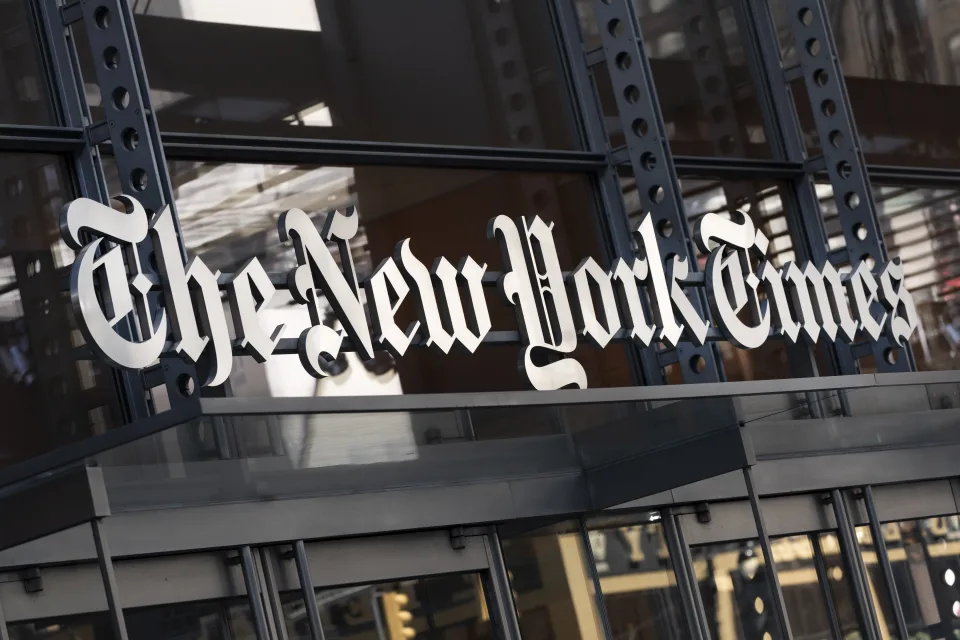The New York Times has filed a lawsuit against OpenAI and Microsoft, alleging copyright infringement for using published news articles to train their artificial intelligence chatbots, specifically ChatGPT and Copilot. The lawsuit, filed in a Federal District Court in Manhattan, is the first instance of a major news organization pursuing developers of AI chatbots for copyright infringement.
The New York Times did not specify a monetary amount in the lawsuit but stated that it aims to hold OpenAI and Microsoft accountable for both statutory and actual damages, potentially amounting to billions of dollars. The claim asserts that the companies, by using the NYT’s published content without licensing agreements, are attempting to benefit from the newspaper’s substantial investment in journalism. The lawsuit points out that Nytimes was the most utilized proprietary source for training GPT-3.
The lawsuit contends that more than 66 million records, encompassing breaking news articles to op-eds, published on the New York Times websites and affiliated brands, were utilized to train the AI models developed by OpenAI and Microsoft. The claim alleges that the defendants have employed “almost a century’s worth of copyrighted content,” leading to significant financial harm to the New York Times.
Furthermore, the lawsuit asserts that the products developed by OpenAI and Microsoft, namely ChatGPT and Copilot, can “generate output that recites Times content verbatim, closely summarizes it, and mimics its expressive style.” This aligns with complaints from other individuals, including comedians and authors like Sarah Silverman and Julian Sancton, who have accused OpenAI of profiting from their works without proper compensation.
The New York Times sued OpenAI and Microsoft for copyright infringement, a new front in the debate over the use of published work to train AI. https://t.co/u8qZ247dCl
— The New York Times (@nytimes) December 27, 2023
An OpenAI spokesperson responded to the lawsuit by expressing the organization’s respect for the rights of content creators and owners. The spokesperson affirmed OpenAI’s commitment to collaborating with content creators to ensure they benefit from AI technology and new revenue models. The spokesperson noted that ongoing “productive conversations” were taking place between the parties and described the lawsuit as unexpected. OpenAI remains hopeful that a mutually beneficial resolution can be reached.
If the lawsuit progresses, it has the potential to set a precedent for other publishers to take similar legal action, potentially increasing the costs associated with training AI models for commercial purposes. Some competitors in the field, such as CNN and BBC News, have previously attempted to restrict the data that AI web crawlers can access for training and development purposes.
It remains uncertain whether The New York Times is open to entering into a licensing agreement, especially considering that previous negotiations reportedly failed, leading to the initiation of the lawsuit. On the other hand, OpenAI has recently entered into several agreements. In the current month, it reached a deal with publisher Axel Springer, involving payment for access to content, estimated to be worth millions. Additionally, as part of a three-year deal, OpenAI will use articles from Politico and Business Insider to train its next-generation AI tools. OpenAI had also previously struck a deal with the Associated Press (AP) to utilize its archival content dating back to 1985. Microsoft did not respond to a request for comment on the matter.




